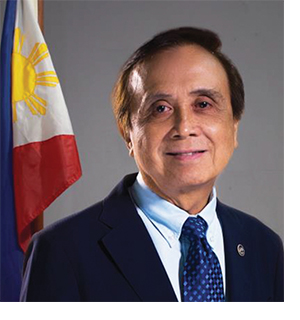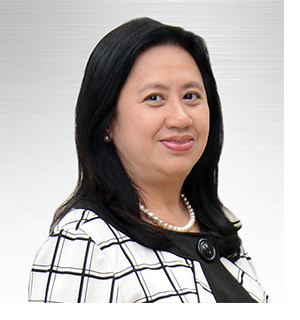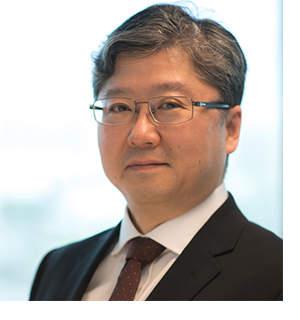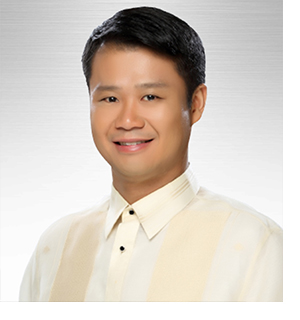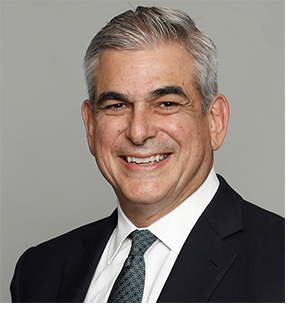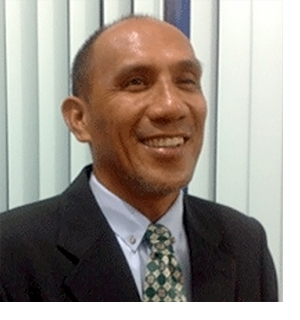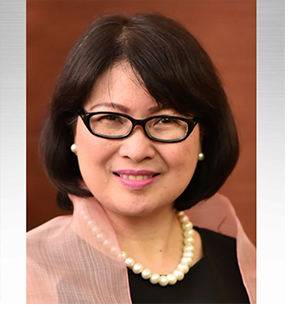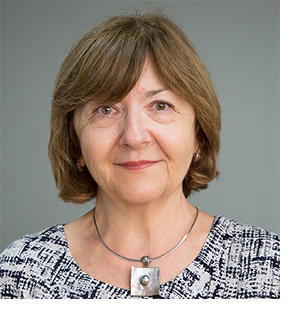Ernesto Pernia
Ernesto Pernia is the secretary of Socioeconomic Planning, National Economic and Development Authority (NEDA), Philippines. He is also Professor Emeritus of Economics, having served as professor and chairman, School of Economics at the University of the Philippines (UP).
Pernia was lead economist at the Asian Development Bank (ADB). His work experience covered investment climate and productivity, economic growth and poverty reduction, education and health, human resource development, and regional economic cooperation in Asia. He also served as regional adviser on population and employment policy for Asia and the Pacific with the International Labour Organization (ILO).
He served as chair of the Board of Trustees of the University of San Carlos (2011–2014), and as a director on the board of the Philippine-American Academy of Science and Engineering (2008–2013). He is also on the boards of a number of nongovernment organizations involved in education and health concerns, population and development, and care of street children.
He obtained his Doctor of Philosophy (PhD) degree from the University of California Berkeley on a Ford Foundation scholarship and a Smithsonian Institution dissertation grant. He received the Outstanding Young Scientist (economics and social sciences) award from the National Academy of Science and Technology (NAST). He was chosen by the Philippine-American Academy of Science and Engineering for the 2015 Science Lectureship Award. He was former president of the Philippine Economic Society and co-chair of the Federation of ASEAN Economic Associations (1988).
Pernia is the author of a number of books, articles in national and international professional journals, and chapters in books. He was an occasional contributor of public-interest commentaries to the Philippine Daily Inquirer, Business World, and The Philippine Star Science section.
.

